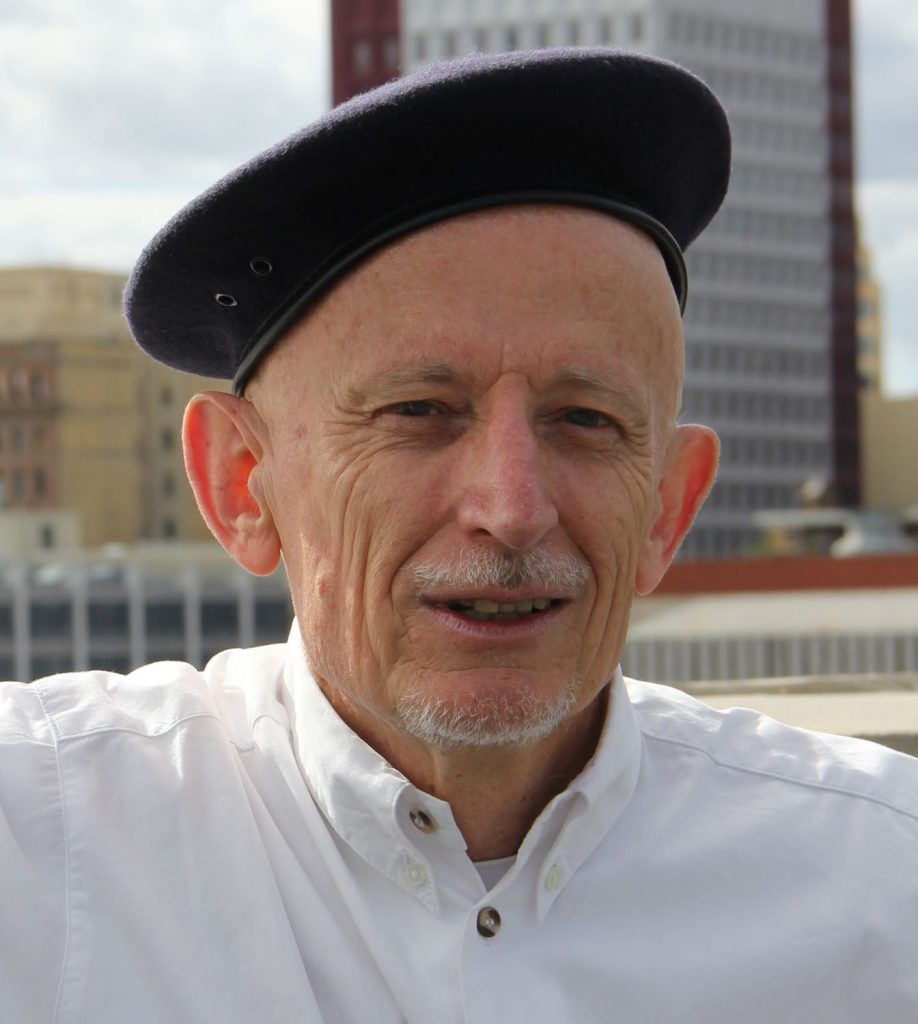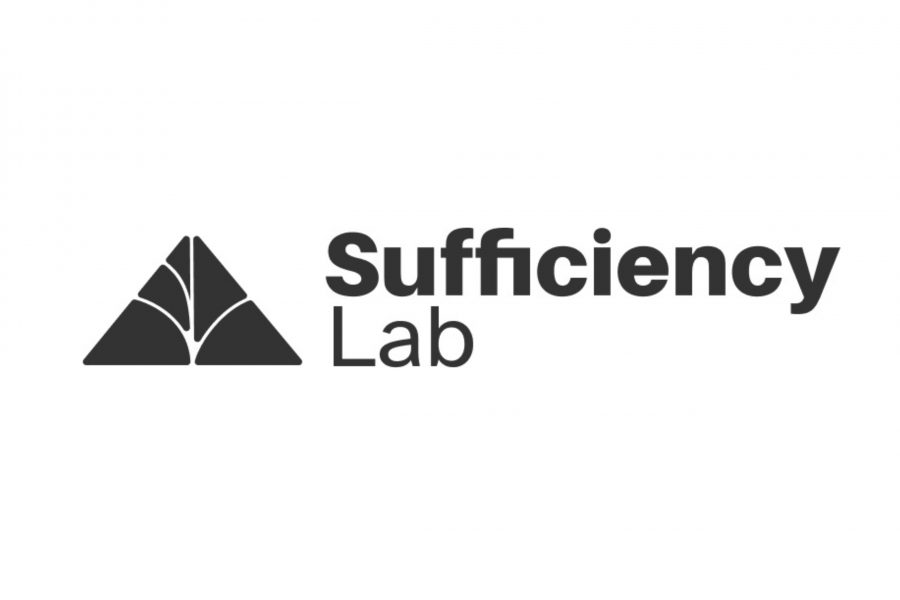
Podcast: Gender and Plant-Based Diets
17 May 2024
Ecological Transitions: Perspectives from France and Brazil (17 June 2024)
10 June 2024Background
Sufficiency was identified by the latest IPCC report on climate mitigation as a major pillar to decarbonise the global economy. However, sufficiency is overlooked in climate policies and modelling.
Against this background, the World Sufficiency Lab was established in February 2024 with the aim of mainstreaming the sufficiency concept at international, regional, and national levels. The ultimate target is to build a global sufficiency community that will ensure SUFFICIENCY is considered FIRST in policy and business decisions.
This webinar is the first of a series of webinars organised by the World Sufficiency Lab in collaboration with the World Resources Forum and hosted by Sciences Po’s Chair for Sustainable Development and Climate Transition.
Event Details
Date: June 13th, 2024
Time: 12:30 to 14:00 CET
Registration required here
Agenda
12:30-12:35: Welcome: Prof. David Ness, WSL co-founder
12:35-12:50: Keynote: Ms. Diane SIMIU, Director at the French Ministry of the Energy Transition
12:50-13:20: Presentation of the WSL web platform and work programme by WSL team
- Moderator : Dr. Yamina Saheb, WSL co-founder
- Participants:
- Prof. David Ness
- Dr. Katia Dayan Vladimirova
- Mr. Pierre Noro
- Mr. Valentin Stuhlfauth
13:20-13:50: Round table discussion on regional/national sufficiency hubs
- Moderator: Mr. Emmanuele Di Francesco, Communication Director at the World Resource Forum
- Participants
- Hon Dr. Jane Lomax-Smith AM, Lord Mayor of Adelaide
- Ms. Claire Roumet, Head of Strategic partnerships at the EU and international level
- Ms. Lisa Richmond, Senior Fellow at Architecture 2030
- Mr. Jungpil Lee, Director of the Energy Climate Policy Institute (ECPI)
13:50-13:55: Q&A session
13:55-14:00: Closing remarks: Prof. David Ness and Dr. Yamina Saheb, co-founders of the WSL
Speaker bios

Prof. David Ness from the University of South Australia has a background in architecture, infrastructure planning, and strategic asset management. He conducts research on fair and sufficient resource use, co-organized the 1st International Sufficiency Summit, and co-founded the World Sufficiency Lab. He pursues strategies by which wealthier societies may ‘shrink’ their absolute resource consumption and emissions, while redistributing resources to enable improved access to services and shelter for the disadvantaged. David has advised UN ESCAP and UN Habitat on resource efficient, integrated, and inclusive infrastructure, conducted UN training courses, chaired a China-based NFP on ecological development, and has over 120 publications.

Ms. Diane Simiu is a graduate of Ecole Polytechnique and with a master’s degree in environmental engineering from the University of California at Berkeley. Diane Simiu began her career in the sustainable development department of PricewaterhouseCoopers. In 2007, she joined ICF International in London, where she advised companies in the airline, energy and banking sectors. In 2009, she joined the French Ministry of Ecology’s Directorate General for Energy and Climate as head of the carbon markets office. She joined WWF France in 2014 as Director of Programs. After the 2017 presidential election, she became technical advisor for ecology in the offices of the President of the Republic and the Prime Minister. In 2019, she was appointed Deputy Commissioner General for Sustainable Development at the Ministry of Ecological Transition, and in 2023, Director for Climate, Energy Efficiency and Air Quality.

Dr. Yamina Saheb is a lecturer and researcher at Sciences Po (Paris), a lead author of the IPCC report on climate change mitigation and a Senior fellow at OpenExp. Prior to this position, Yamina was a Senior Fellow Researcher at the University of Münster and previously a Senior Researcher at the University of Lausanne. In 2018, Yamina was the head of energy efficiency unit at the Energy Charter Secretariat. Before that, she was a Policy and Scientific Officer at the Renewables and Energy Efficiency Unit at the Institute of Energy and Transport of the Joint Research Centre (JRC) of the European Commission (EC). She also worked as senior buildings energy efficiency policy analyst at the IEA. Yamina holds a Ph.D in Energy Engineering, Master’s degrees on Landscape Architecture and Development Economics and an Engineering degree in Building technologies.

Dr. Katia Dayan Vladimirova is a researcher with over fifteen years of experience working in on social change towards sustainability. Holder of a double PhD (2014) in climate ethics and politics, Katia specializes in systems change in the fashion sector. She published on the topics of fashion consumption and sufficiency since 2017. Katia is a founder and coordinator of the International research network on Sustainable Fashion Consumption and the writer behind Post Growth Fashion substack.

Mr. Pierre Noro is a lecturer at Sciences Po Paris and at the Learning Planet Institute (Université Paris-Cité), and an associated expert at the Tech & Global Affairs Hub of the Paris School of International Affairs. His research and teaching focus on tech governance, social innovation, digital ethics and sustainability. He spent several years designing impact-oriented blockchain-based public projects, first for the French administration then within the social innovation and open-source ecosystems.
Pierre is part of Blockchain for Good’s scientific committee, a co-author of the Blockchain and Sustainable Development report and a member of the team of the AIAAIC.

Mr. Valentin Stuhlfauth graduated as an engineer from CentraleSupelec in Paris in 2021. He began his career as a housing and mobility consultant for local authorities at a firm specializing in innovative urban densification and retrofitting policies. He is now pursuing a PhD at the University of Lyon 2, focusing on sufficiency policies for mobility and their modeling using complexity theory.

Mr. Emanuele Di Francesco is communications and events manager at the World Resources Forum, where he coordinates the WRF conferences and works on international projects related to responsible sourcing, circular economy, sufficiency and built environment. With a background in economics and philosophy, Emanuele is also the founder and editor of Circular Conversations and was previously co-founder of a vertical farming startup.

Dr. Jane Lomax-Smith AM, Lord Mayor, is a Pathologist with a career in research and clinical medicine. She trained in London and has worked in Boston and Adelaide where she gained a PhD in immunology. Jane has run hospital departments and private practices including her own. She is a staunch supporter of conservation of heritage buildings and Adelaide Park Lands. She has held elected office as a City Councillor, Lord Mayor and as MP for the City when she was also Minister for Education and Tourism. She has written Commonwealth and State Government reports on funding for universities and the future of Leigh Creek. She is now the Chair of the Teachers Registration Board and the Don Dunstan Foundation which researches and promotes ideas on a range of social justice issues.

Ms. Claire Roumet is leading EU policy and Strategic Partnerships at Energy Cities. Claire joined Energy Cities in 2014 after 10 years acting as Secretary General of Housing Europe, the Federation of social housing providers. Previously she worked on social innovation projects at the European Commission and was a project manager at European Women’s Lobby. She graduated in Economics. She completed a post-graduate in European policies in Strasbourg after a year of econometrics in Mainz, Germany. Living in Brussels, she speaks English, Spanish and French with some basics in German.

Ms. Lisa Richmond is the founder of Climate Strategy Works LLC, a strategy and planning consultancy based in Seattle, and a Senior Fellow with Architecture 2030, a North American think tank working to rapidly decarbonize the built environment. With a focus on sufficiency, building reuse and the value of traditional and indigenous knowledge, she recently led Architecture 2030’s engagement in multilateral climate talks, including COP27, COP28, and the Buildings and Climate Global Forum. Lisa helps leads the Buildings Working Group of Climate Heritage Network, an international coalition that champions culturally informed strategies to achieve the Paris Climate Agreement. She is a Loeb Fellow with Harvard University Graduate School of Design.

Mr. Jungpil Lee is a director of the Energy Climate Policy Institute (ECPI). He previously worked as a member of the Democratic Labor Party and Energy Politics Center. His areas of research include climate justice, just transition, energy democracy, post-growth and ecological socialism.


